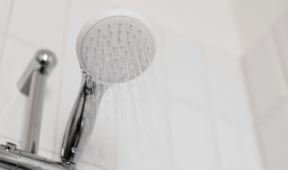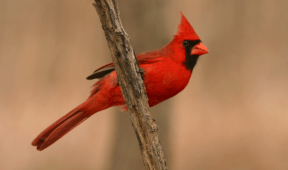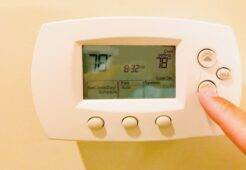Professional Say This Is The Best Time Of Day To Water Your Lawn
Keeping your lawn healthy can feel like a guessing game. With changing weather, busy schedules, and all kinds of advice out there, it’s easy to get it wrong. But experts agree that when you water matters just as much as how much you water. Timing can affect your grass’s strength, color, and even its ability to fight off weeds and disease. Here’s what the pros say about the best time to water and why it matters.
Why Early Morning is Ideal
The best time to water your lawn is early in the morning, ideally between 5 a.m. and 9 a.m. The cooler air helps water soak into the soil without evaporating too quickly. This gives grass roots time to absorb what they need without sitting wet all day. Morning watering also lowers the risk of fungal growth, which can happen when grass stays damp overnight.
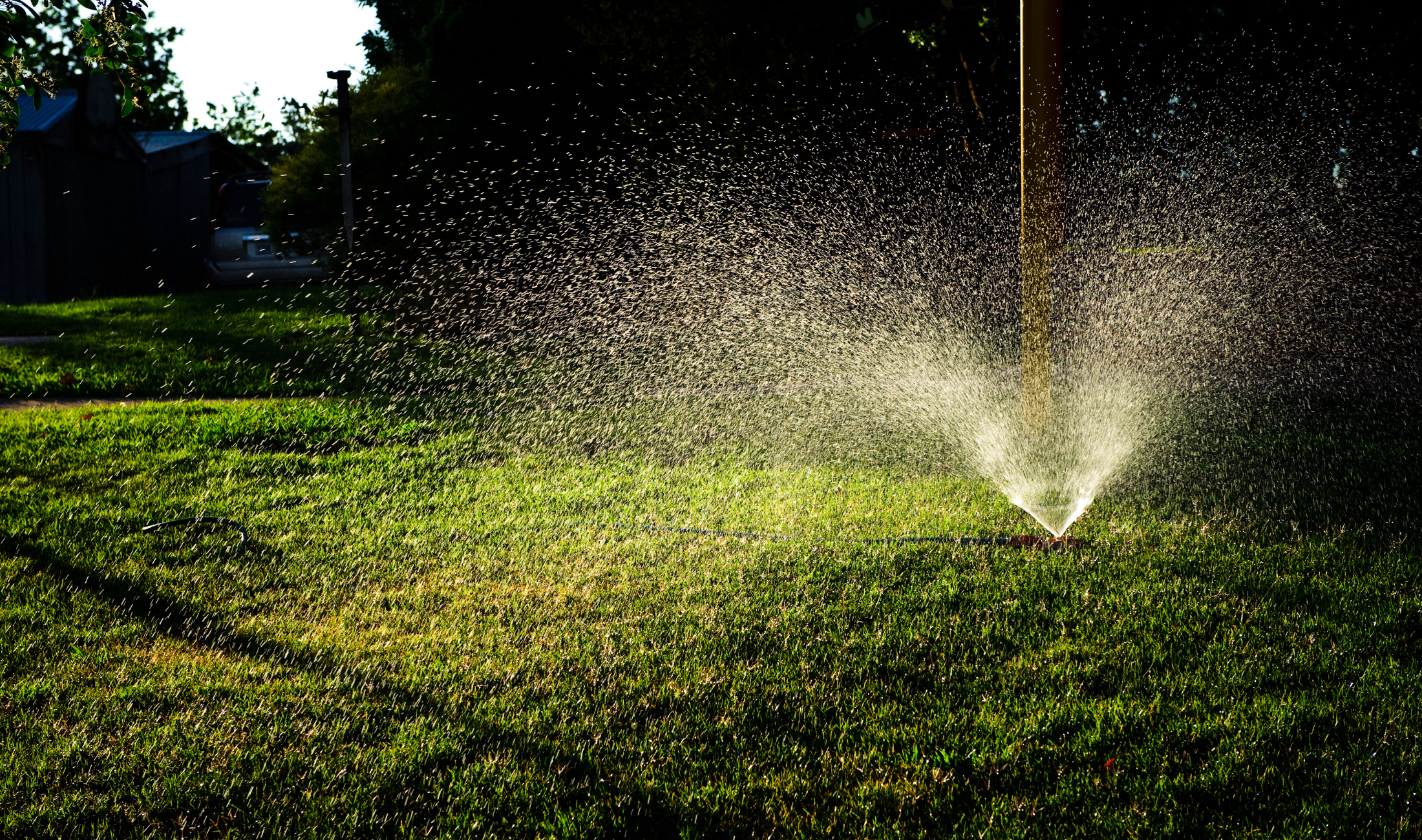
Why not Afternoons?
Watering in the afternoon might seem fine, especially if that’s when you’re free, but this is when the sun is strongest, meaning much of the water can evaporate before it even reaches the roots. Your lawn ends up needing more water for the same result. In hot weather, it can also stress the grass, causing damage rather than relief. If mornings aren’t possible, wait until later in the evening rather than watering mid-day.
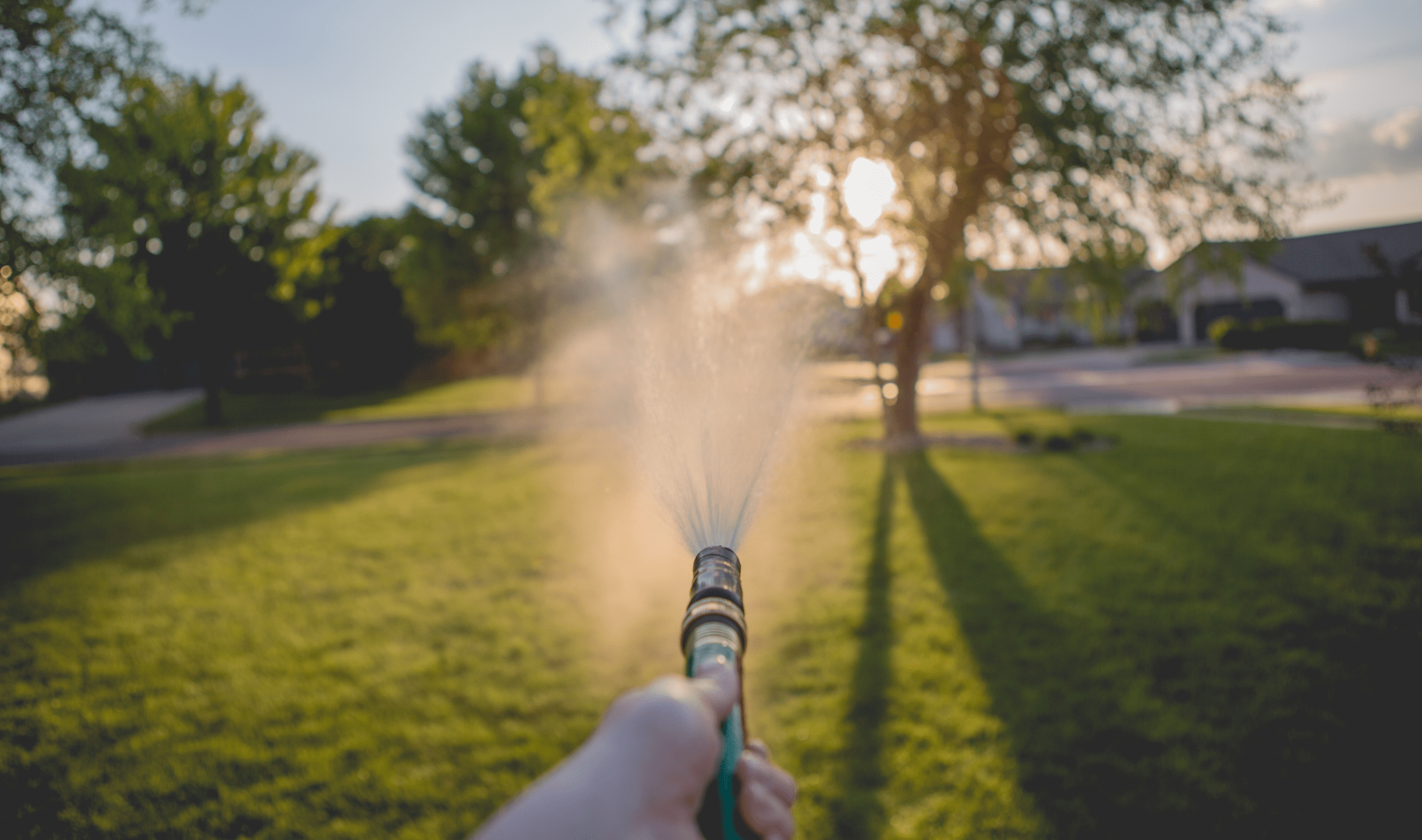
Why not Evenings?
And while evening watering is better than nothing, it still has its downsides. When grass stays wet overnight, it creates the perfect conditions for mold, mildew, and disease. Cooler air helps prevent evaporation, but without sun to dry the blades, moisture lingers for longer than it ought to. If you must water in the evening, aim for just before sunset so your lawn has at least a little time to dry out before dark.
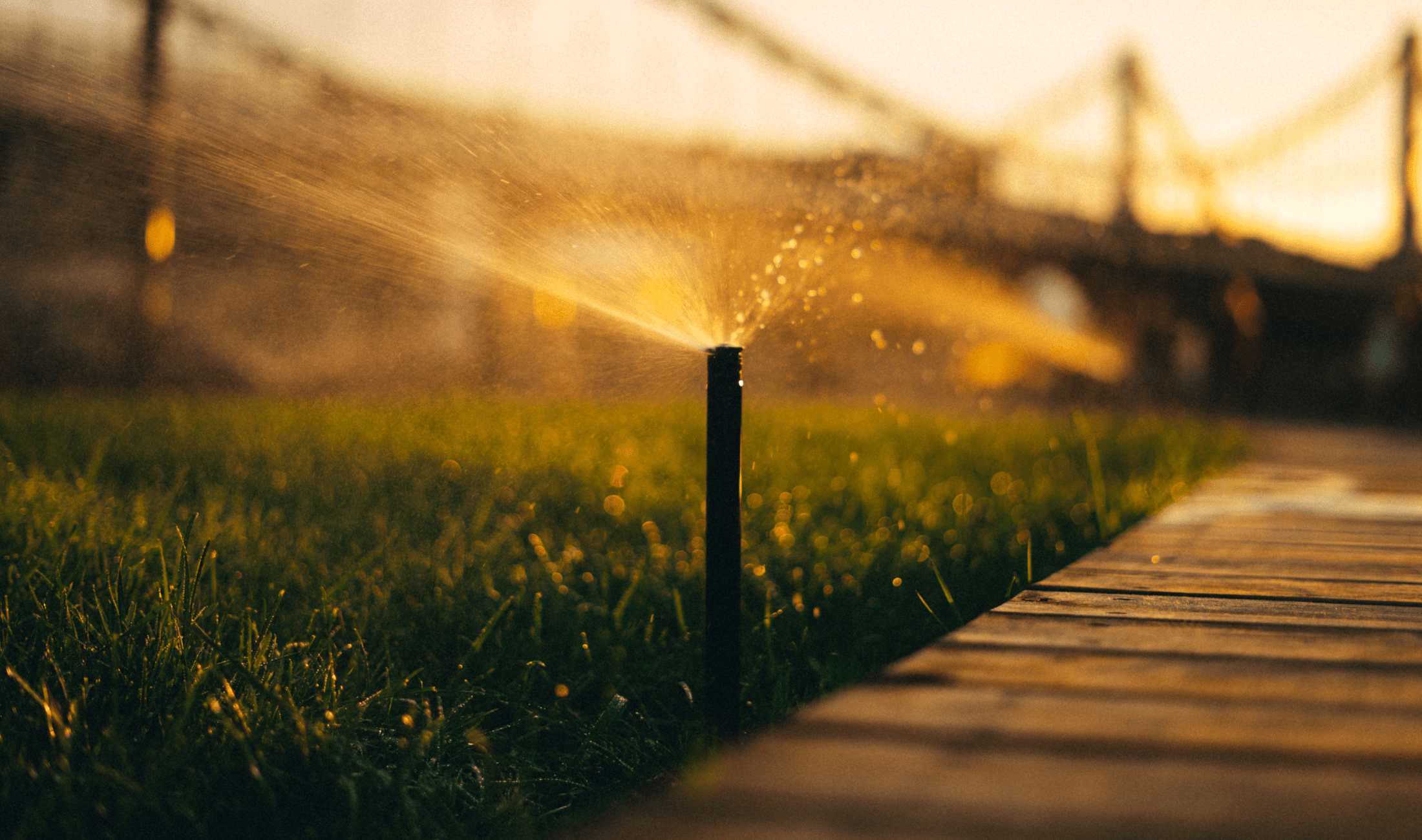
Grass Type Matters
Different grasses handle water in different ways. Cool-season grasses like fescue and rye benefit most from deep morning watering a few times a week. Warm-season types like Bermuda or zoysia may need more frequent watering during peak heat. No matter the type, avoid daily watering. It trains roots to stay shallow and weak (not to mention overwatering your lawn contributes to water waste and can drive up your bills).
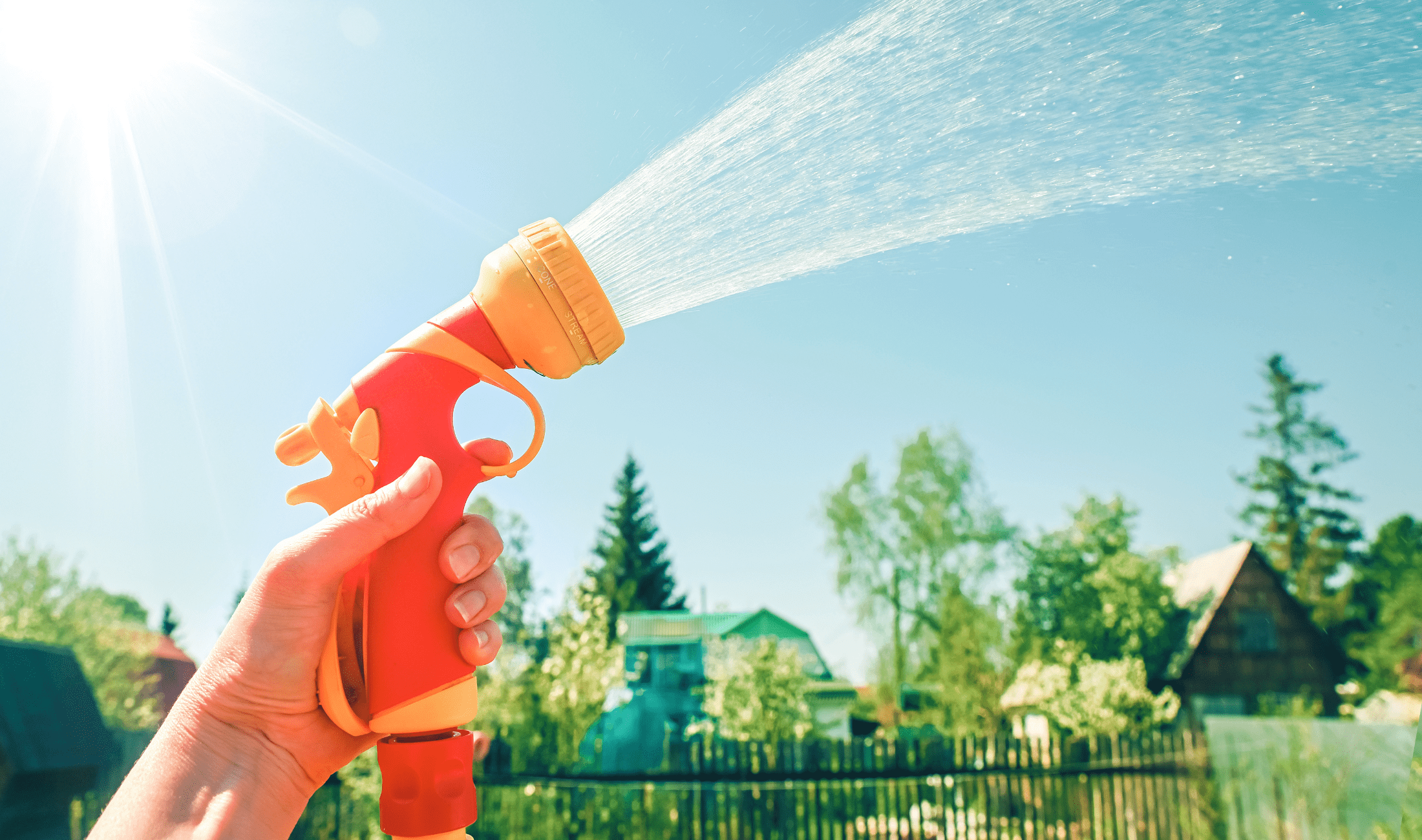
Watch the Weather
This all being said, nature doesn’t follow a schedule, so stay flexible. If rain is on the forecast, skip your usual watering day. Overwatering can be just as harmful as drought. Smart sprinklers or simple rain gauges can help avoid waste and keep soil from getting too soggy. Dry spells, heat waves, and even cloudy days all affect your lawn’s needs. Adjust based on the conditions, not just the calendar.
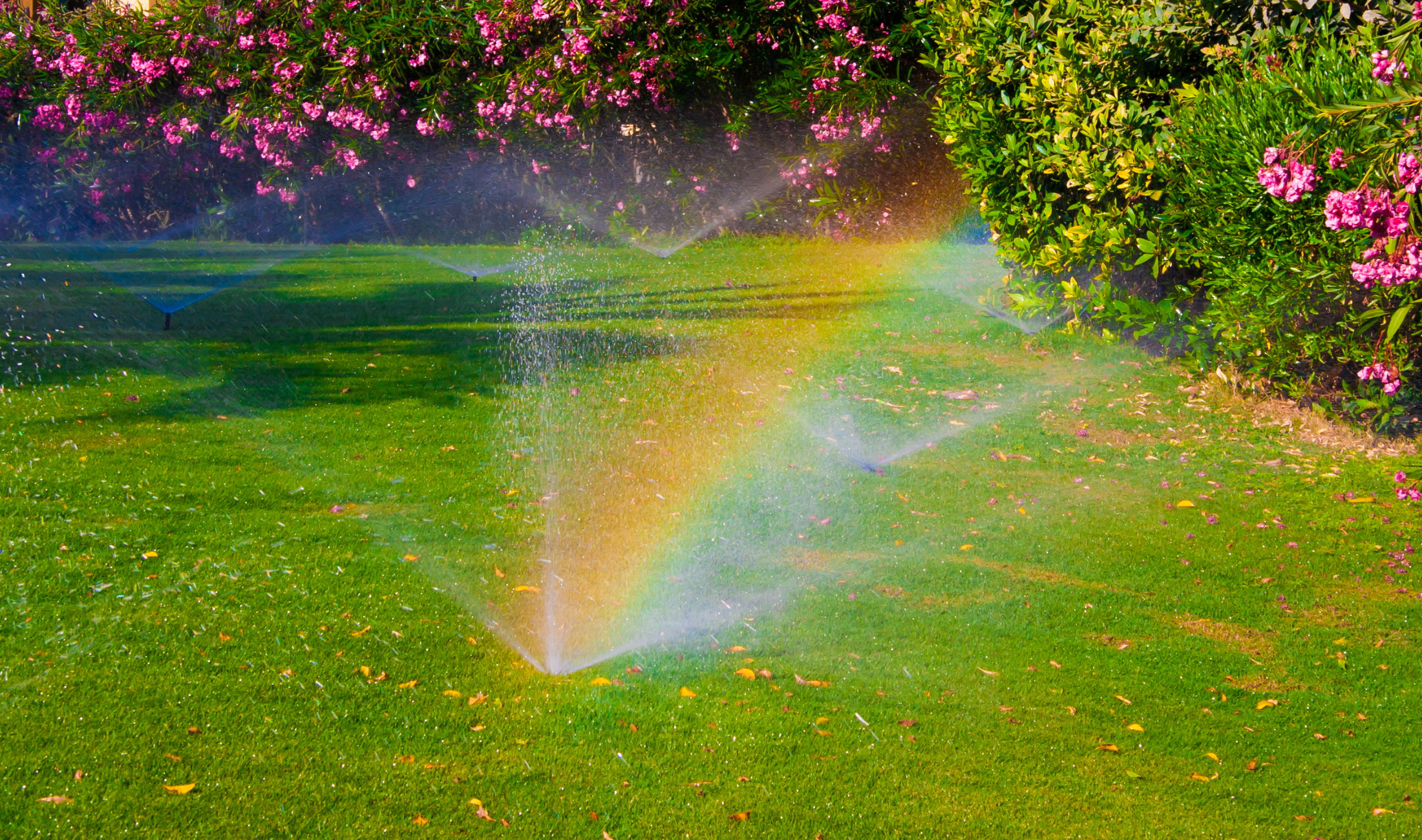
Related Articles
- Mowing Your Lawn This Way Stops Weeds From Spreading
- 10 Types of Grass to Consider for Your Lawn
- Never Do These 5 Things To Your Lawn (If You Want It To Stay Healthy)
Watering early in the morning may take a bit of planning, but it can make a big difference in how your lawn looks and lasts. Stronger roots, fewer pests, and greener blades are all possible with just a shift in timing. A little care at the right hour goes further than you might think.


